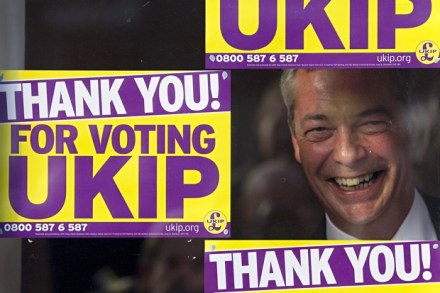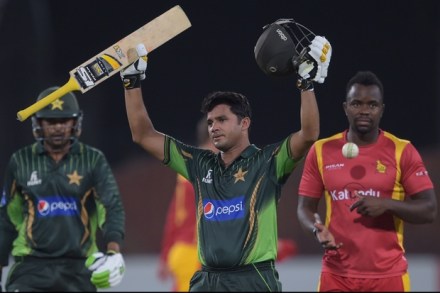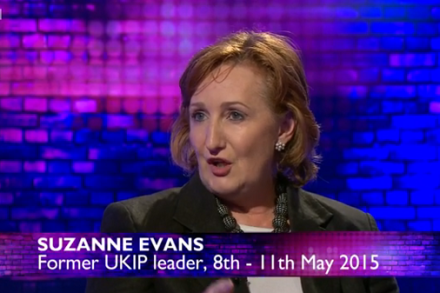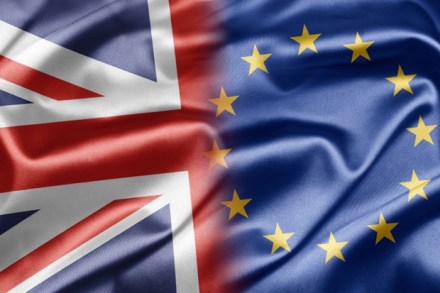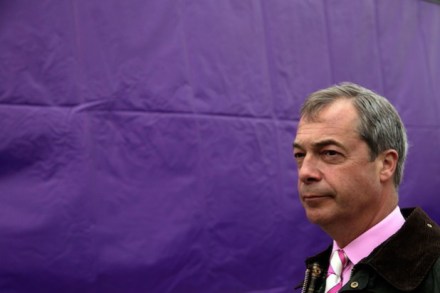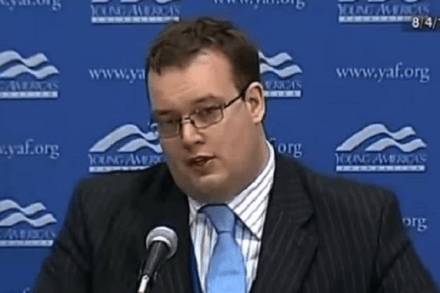Farage’s former aide lets rip about working for Ukip: ‘I totally regret it’
The Ukip civil war may be over for now but that doesn’t mean its casualties aren’t still reeling in the aftermath. Nigel Farage’s former aide Raheem Kassam has carried out a ‘tell-all’ interview with the Guardian, after he was forced to step down last month. Speaking about his time working for Ukip, Kassam offers some parting shots against those who crossed him, saying he ‘totally’ regrets the experience: ‘I don’t mean it was a horrible experience. But I’ve taken a big hit for nothing. The only good thing that’s come out of this are friendships … But have I got anything else apart from looking at much of Ukip and thinking you


